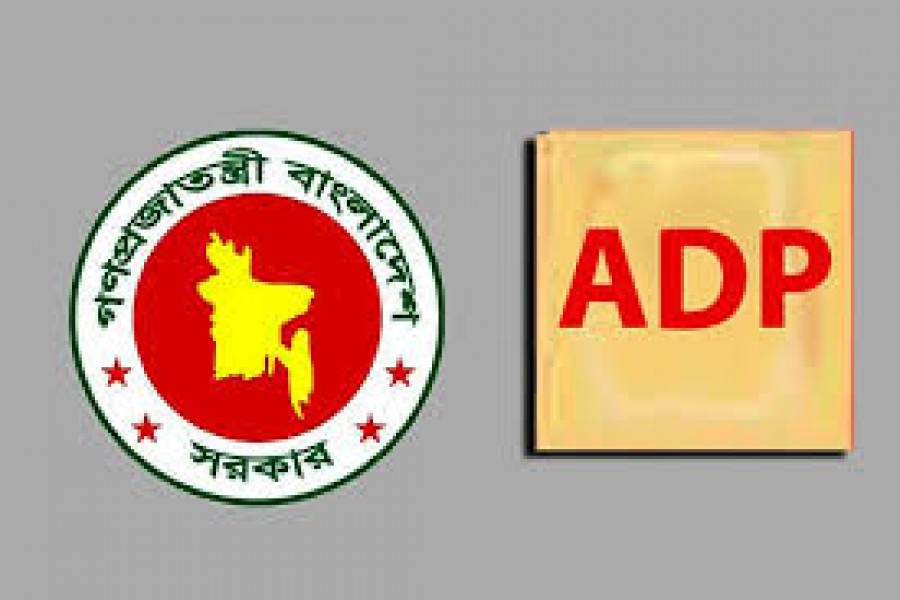The litany of delayed or poor project implementation has been an oft-repeated concern rooted in a bureaucratic culture. When as many as 1,978 projects are executed under the Revised Annual Development Programme (RADP) in a single year, the overriding compulsion for timely utilisation of funds can be easily comprehended. When the backlog cries for clearance, it naturally affects the execution of current projects. The process of outstanding project implementation thus continues. It is most likely that the quality of project execution also suffers in many instances. Delayed project implementation has its numerous negative impacts. Either those have to be revised with further allocation of funds which escalates costs and causes public sufferings in many cases, disrupting the government's development policy and long-term plan.
It is only natural that the Planning Ministry does not enjoy the unpleasant job of re-appropriating funds -a process that requires transferring funds from one component to another of a particular project or even reallocating the money earmarked for one project to another under a particular ministry. Last year the Planning Commission had to re-appropriate funds for more than 600 projects. The planning minister's unhappy experience may have prompted him to invite all the ministries to evaluate and analyse the projects they undertake for implementation. Repeated revision makes a mockery of the preparation of a project under the ADP. Fund sought for a particular project and the duration for its completion cannot and should not be miles off target. Usually, adequate fund is sought for it within a reasonable time. Time extension is invariably linked to cost escalation. Such pleas cannot be entertained eternally.
The planning minister has rightly made it a point that the culture of extremely poor execution in the first half of a fiscal year is done away with. If this has to be the objective, the need is to find out where things go wrong. If the multilateral agencies or donors delay in releasing fund, this can be a genuine reason for not translating the plan on the drawing board to work at the field level or getting the desired momentum of execution. But such things happen rarely. Detractors complain that donors and multilateral agencies are more eager than ever before to know how their money is spent and this is a positive disincentive for project implementation under the ADP, particularly where the source of funds is beyond the border.
Revision and re-appropriation are an oblique reference to either inexperience or inefficiency on the part of implementers. If this is not the case, the failure to execute projects timely refers to something of a work culture that is indecisive and waffling in nature. The good thing is that at least the Rooppur power plant project was executed by a foreign company ahead of schedule and some mega projects too are making satisfactory progress.


